Interview by Jana Hoops. Special to the Clarion-Ledger Sunday print edition (September 16)
Described as both a murder mystery and a social critique, Stephen Markley’s Ohio speaks with revelatory discernment about the direction a new, post 9/11 generation of Americans faces.
 Set in the fictional small town of New Canaan, Ohio, Markley’s moving debut novel conveys the angst of a region in decline–thanks to the realities of an economic recession, the tragedy of opioids, and the calamities of war in Afghanistan and Iraq–as witnessed by four former high school classmates. When the friends, all in their 20s, gather in their hometown one fateful summer night in 2013, the evening ends in a shocking culmination that no one expected.
Set in the fictional small town of New Canaan, Ohio, Markley’s moving debut novel conveys the angst of a region in decline–thanks to the realities of an economic recession, the tragedy of opioids, and the calamities of war in Afghanistan and Iraq–as witnessed by four former high school classmates. When the friends, all in their 20s, gather in their hometown one fateful summer night in 2013, the evening ends in a shocking culmination that no one expected.
Each of Markley’s main characters brings along a mission for this evening, as they collectively struggle with private secrets and regrets–including alcoholism, drug abuse, lost ambitions, relationships gone astray, and personal doubts.
Through Ohio, Markley addresses forgotten pockets of the nation’s “rust belt” that inherited the disillusionment of racial hostility, environmental uneasiness, foreclosures, and political standoff.
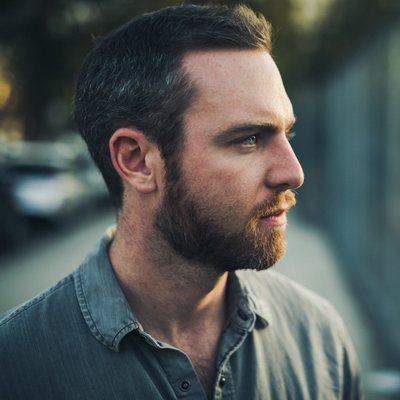
Stephen Markley
A graduate of the Iowa Writer’s Workshop, Markley is a screenwriter, journalist, and the author of two previous books: Publish This Book: The Unbelievable True Story of How I Wrote, Sold, and Published This Very Book and Tales of Iceland, a humorous “memoir and travelogue of an American experience in Iceland.” He lives in Los Angeles.
Ohio is a complicated and gripping tale. It’s an ambitious novel that took you five years to write. How did you do this?
Ha. Sometimes I’m not even sure. I think I always had this raucous, ambitious novel in mind, and I had the components of something really interesting, but it was a long process of figuring out how those components worked together. I certainly owe a great debt of gratitude to my agent, Susan Golomb, and my editor, Cary Goldstein, as well as a number of other readers who gave me the feedback that helped me craft the final version.
You were a teenager yourself when the events of 9/11 shocked America. How did it affect you and your own friends personally?
That’s hard to say because it didn’t really in the moment. We lived far away from New York City and the Pentagon, and while what happened was certainly spectacular in terms of the images and the shock, the most important legacy of 9/11 for my generation was the widespread failure of our political institutions in the aftermath.
Decisions were made and policies were put into place that will be with all of us for the rest of our lives, and here I’m not just talking about two disastrous wars that have grown into a permanent global counter-insurgency operation, but the domestic consequences of surveillance, xenophobia, and a national security-industrial complex that bends policy to its whims and which as citizens have almost zero democratic control over.
Ohio, your first novel, came about after your studies at the Iowa Writer’s Workshop. Tell me how your Iowa studies paid off in your efforts to become a novelist ,which you have described as your “only ambition.”
I arrived at Iowa after floundering for several years as an utterly unsuccessful freelance writer, so just the relief of paycheck, health insurance, and the basic stability of housing was enough to give me this burst of creative energy. On top of that, the teachers I worked with and my peers were just so consistently brilliant, hilarious, interesting, and inspiring that even if I’d produced nothing in those years, I would still view them as some of the best of my life.
Have you been surprised by the acclaim the book has garned, especially since this is your first novel? It has even been described as “generation defining.”
I know this is annoying to say, but I’m trying to ignore all of that as best I can and just enjoy Simon & Schuster footing the bill to send me around the country on a book tour, which I’m using as an excuse to see almost everyone I’ve ever loved or cared about.
As for the generation thing, I tend to think my generation of writers will be defined by the huge range of diversity in voices and storytelling styles that comes from the rather recent institutional realization that human beings other than straight white guys also have fascinating stories to tell.
Your writing style is unique, and it reads like you are talking to exactly one person (the reader) face-to-face. Tell me about how the signature form has developed.
Oh, that’s as much a mystery to me as anyone. I think all writers are just amalgamations of every influence they’ve ever claimed and, even more so, all the ones they can’t remember. You have to keep in mind, even though this is my debut novel, I’ve been working at this writing thing since I was probably 5 years old. At age 34, I feel like it took a lifetime to get this thing out there.
Since the town of New Canaan is patterned at least loosely from your own hometown, did you experience the same thoughts and feelings as your characters? Was there the same sense of despair? Are things there better now?
That’s complicated because New Canaan is not really my hometown, which has its own stories and politics and oddities and troubles and brave, wonderful people.
But it was the sensation of growing up there that I wanted to get across. Tim O’Brien talked a lot about this in (his book) The Things They Carried–sometimes to get at the truth, you have to make up a story.
With this powerful debut novel under your belt, do you think you may take a more upbeat approach on your next book–or do you have another book planned yet?
I’m always working on two or three things at once, but I’m feeling a little precious about those projects right now. I’m probably not quite ready to say them out loud in case they vanish.


 And that’s where bestselling author Lisa Patton, a Memphis native, current Nashville resident and graduate of the University of Alabama, chose to set her newest novel,
And that’s where bestselling author Lisa Patton, a Memphis native, current Nashville resident and graduate of the University of Alabama, chose to set her newest novel, 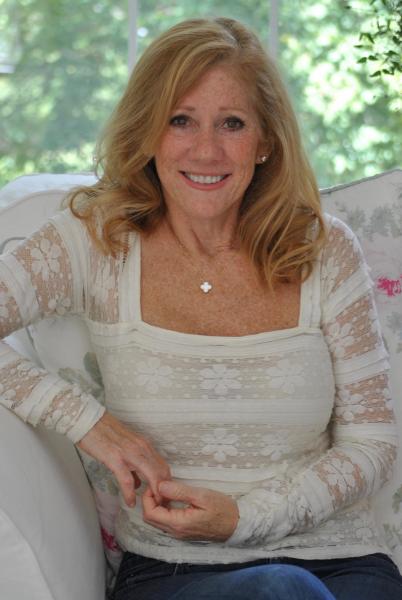
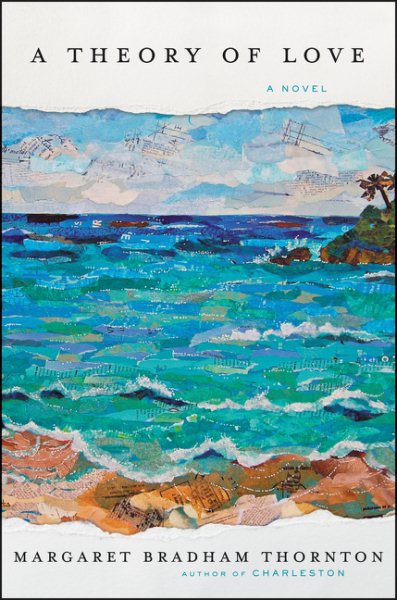 The chance meeting of British journalist Helen Gibbs and French-American financier Christopher Delavaux on a Mexican beach leads to a relationship and a marriage that would become threatened by ambition and time apart–and ultimately, a difficult choice that must be made for
The chance meeting of British journalist Helen Gibbs and French-American financier Christopher Delavaux on a Mexican beach leads to a relationship and a marriage that would become threatened by ambition and time apart–and ultimately, a difficult choice that must be made for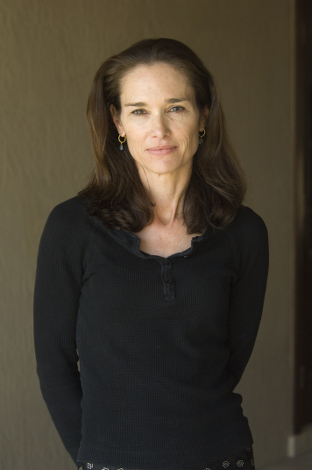
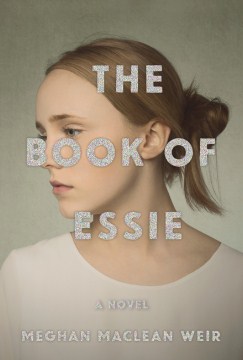 I finally chose The Book of Essie to break my non-reading streak, and I was determined to not give up on it. So when I was on a plane on my way to Turks and Caicos for a senior trip, finding myself about a third of the way into the novel and questioning whether or not I should continue, I felt defeated. Would I ever read another book again? I was debating sliding the book back into my carry on when I scanned the page I was on and saw a mention of the school I’ll be attending this fall: The University of the South, which is relatively small, so I took this random coincidence as a sign that the wind spirits wished me to continue in my endeavor, and I sure am glad that I listened to them.
I finally chose The Book of Essie to break my non-reading streak, and I was determined to not give up on it. So when I was on a plane on my way to Turks and Caicos for a senior trip, finding myself about a third of the way into the novel and questioning whether or not I should continue, I felt defeated. Would I ever read another book again? I was debating sliding the book back into my carry on when I scanned the page I was on and saw a mention of the school I’ll be attending this fall: The University of the South, which is relatively small, so I took this random coincidence as a sign that the wind spirits wished me to continue in my endeavor, and I sure am glad that I listened to them.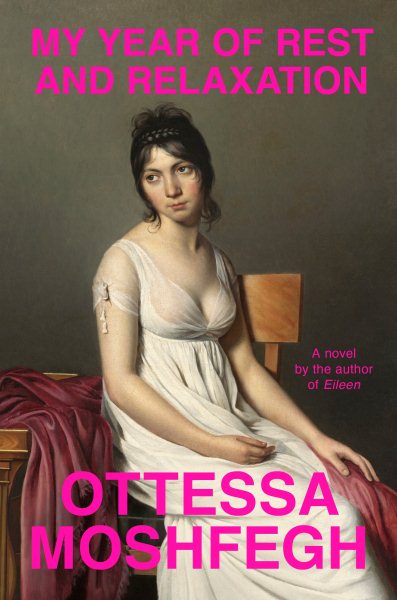 Like, really selfish. She also makes sure to remind the reader every so often of how pretty and thin she is. But I can’t help but like her. Go figure. It’s the year 2000, and the narrator has decided to put her life on hold and hibernate for a year. She goes to the yellow pages and accidentally finds the worst psychiatrist in New York City. Faking insomnia to get sleeping pills, her psychiatrist throws every pill possibly related to this condition at her. This suits her just fine as she thinks up new cocktails of pharmaceuticals to take to make her sleep more and dream less.
Like, really selfish. She also makes sure to remind the reader every so often of how pretty and thin she is. But I can’t help but like her. Go figure. It’s the year 2000, and the narrator has decided to put her life on hold and hibernate for a year. She goes to the yellow pages and accidentally finds the worst psychiatrist in New York City. Faking insomnia to get sleeping pills, her psychiatrist throws every pill possibly related to this condition at her. This suits her just fine as she thinks up new cocktails of pharmaceuticals to take to make her sleep more and dream less.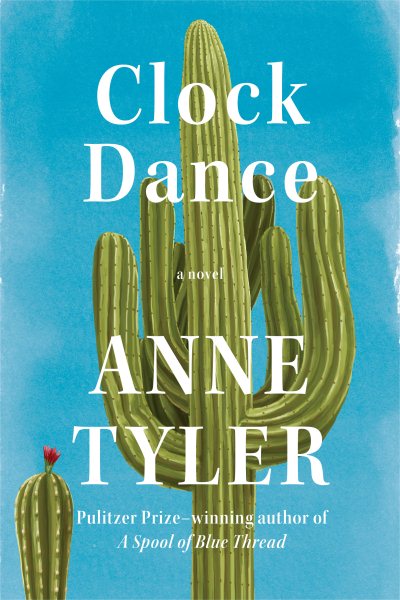 Clock Dance
Clock Dance In
In 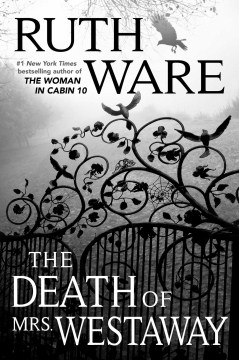 While digging my toes in the sand, I read two page turning mysteries. A tarot reader in dire need of money is told that she has inherited a small fortune in Ruth Ware’s latest thriller,
While digging my toes in the sand, I read two page turning mysteries. A tarot reader in dire need of money is told that she has inherited a small fortune in Ruth Ware’s latest thriller, 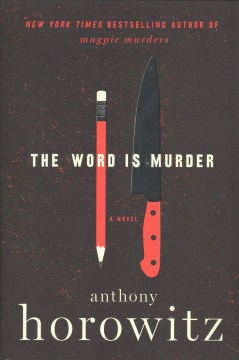 The Word is Murder
The Word is Murder The only book I read in May that isn’t new, was
The only book I read in May that isn’t new, was  I will lastly mention David Sedaris’ new book
I will lastly mention David Sedaris’ new book 
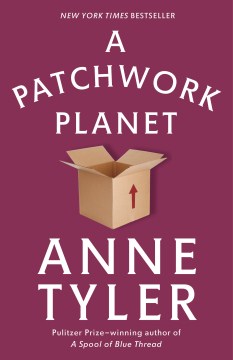 One such novel,
One such novel,